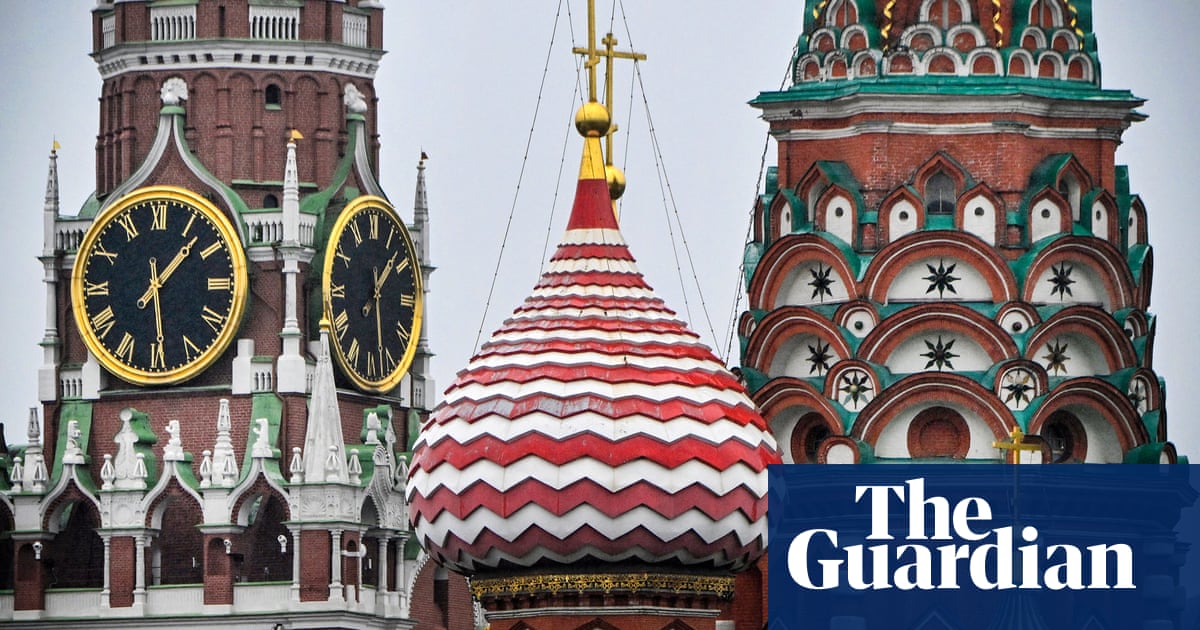
Move to fight coronavirus in overpopulated prisons criticized for political bias
ANKARA: The Turkish parliament ratified a controversial bill on Monday night to fight against overpopulation in prisons amid the coronavirus outbreak.
However, the law, prepared by the ruling Justice and Development Party (AKP) and its nationalistic coalition ally MHP, has been criticized for reducing the sentences of tens of thousands of prisoners and releasing mafia leaders, while dissident journalists and human rights activists, lawyers and politicians will remain behind bars.
The law will reduce sentences for inmates, except for those jailed on charges related to terrorism, violence against women and children, and sexual abuse. Some inmates over 65 and women with children below the age of six, as well as sick prisoners who cannot take care of themselves, will be subject to home confinement.
Up to 100,000 prisoners are expected to be released. The release of mafia leaders and reduction of their sentences were among key MHP requests during negotiations over the bill, considering the nationalistic roots of many imprisoned “godfathers” in Turkey.
Faik Oztrak, spokesperson for the main opposition party, said: “You keep journalists in prisons, you release the thieves. This is clearly political opportunism. Those who accept bribes will be freed; those who report bribery will go to jail.”
The law is against the principle of equality in the constitution. It is unlikely to boost the feeling of justice in the society considering tens of thousands of political prisoners remain in jail just for speaking out in a peaceful way.
Ahmet Ozmen, Prominent lawyer
Former co-leaders of the pro-Kurdish party HDP, Selahattin Demirtas and Figen Yuksekdag, along with several deputies of the party, remain in prison.
Lawyer Ahmet Ozmen, former head of the Diyarbakir Bar Association, said that the amendments did not meet the expectations of human rights activists.
“It is against the principle of equality in the constitution. It is unlikely to boost the feeling of justice in the society considering tens of thousands of political prisoners remain in jail just for speaking out in a peaceful way,” he told Arab News.
HIGHLIGHTS
• The new amnesty law has been criticized for reducing the sentences of tens of thousands of prisoners and releasing mafia leaders, while dissident journalists and human rights activists, lawyers and politicians will remain behind bars.
• Following the failed coup in 2016, the number of prisoners rose to about 300,000. According to data from the Council of Europe, Turkey has the second largest prison population in Europe.
Some 50,000 people convicted or jailed pending trial over terror-related charges are excluded from the scope of the legislation.
So far, 17 prisoners in five prisons have contracted COVID-19 and three prisoners in open prisons have died. The bill comes amid fears that the epidemic could spread across the prison population.
“Whilst any steps to reduce the chronic overcrowding in Turkey’s prisons are welcome, it is deeply disappointing that the tens of thousands of prisoners in pretrial detention — a measure that must only be used when there are no alternatives to custody — will not be considered for release,” said Amnesty International’s Turkey Campaigner, Milena Buyum.
“Those convicted in unfair trials under Turkey’s overly broad anti-terrorism laws are also now condemned to face the prospect of infection from this deadly disease,” she said.
There are about 282,000 prisoners in 355 prisons, while about 37,000 are jailed on terrorism charges, according to official statistics. The Journalists’ Union of Turkey says there are 85 journalists in prison.
“Excluding Turkish journalists, already jailed on baseless charges, from prison release amid COVID-19 is a cruel and needless threat to their health and lives. The IPI reiterates our call for immediate release of all journalists,” the International Press Institute (IPI) said.
Following the failed coup in 2016, the number of prisoners rose to about 300,000. According to data from the Council of Europe, Turkey has the second largest prison population in Europe and the most overcrowded prison system.












